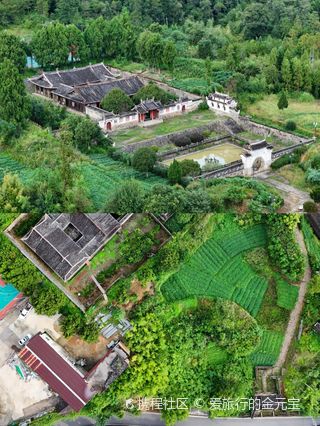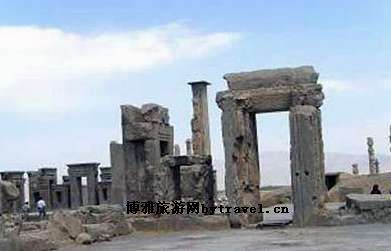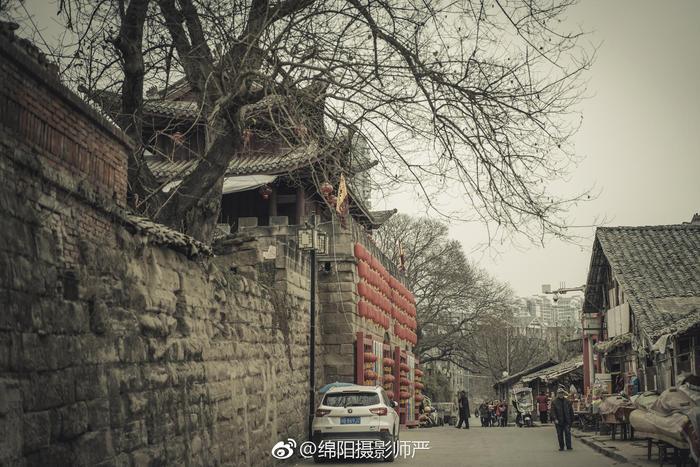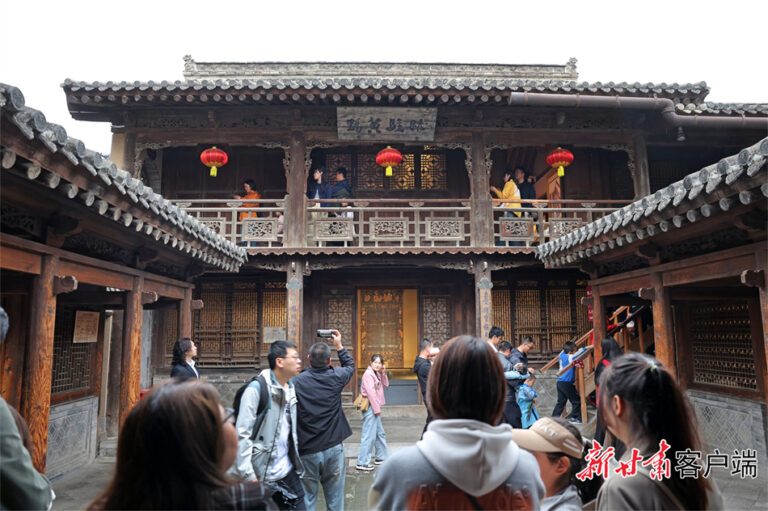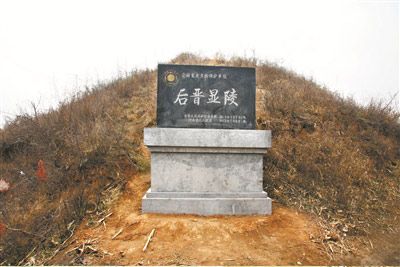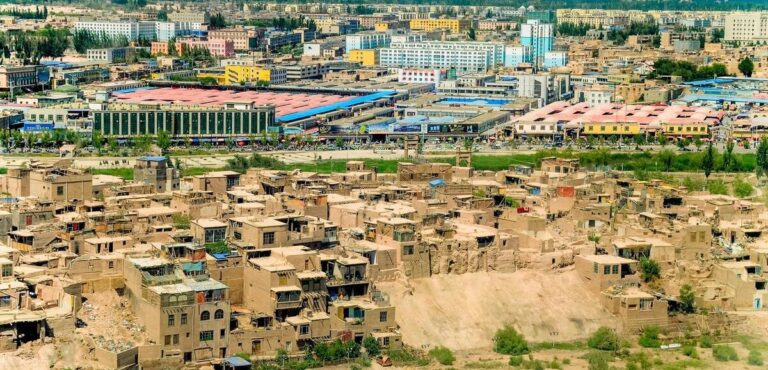Discovering Pingdingshan: A Comprehensive Guide to Yushan’Ejunzhengdaxuejiuzhi
An Essential Guide to Visiting Pingdingshan Yushan’Ejunzhengdaxuejiuzhi
In This Guide
- An Essential Guide to Visiting Pingdingshan Yushan’Ejunzhengdaxuejiuzhi
- The Rich History of Pingdingshan Yushan’Ejunzhengdaxuejiuzhi
- Main Highlights: What to See at Pingdingshan Yushan’Ejunzhengdaxuejiuzhi
- Planning Your Visit: A Practical Guide
- Tickets, Hours, and Booking
- How to Get There
- Local Cuisine and Accommodation
- Frequently Asked Questions
- Final Thoughts on Your Trip
Nestled within the picturesque landscape of Pingdingshan, Henan Province, the Yushan Ejunzhengdaxuejiuzhi, or the Site of the Yushan Military and Political University, stands as a testament to a significant chapter in China’s revolutionary history. This historical site, also known as the Lushan Confucian Temple, is not just a relic of the past but a vibrant symbol that encapsulates the spirit of resilience and education in the face of adversity.
Established during the tumultuous years of the late 1940s, this site served as a pivotal center for military and political training, where prominent leaders of the People’s Liberation Army gathered to shape the future of China. The university was formed from the merger of several military and political education institutions, with key figures like Commander Chen Geng at the helm. The legacy of the Yushan University is deeply intertwined with the broader narrative of China’s struggle for liberation and national sovereignty.
Visitors to the site can explore the well-preserved architectural wonders of the Lushan Confucian Temple, which date back to the Tang and Jin dynasties. The grandeur of the Dacheng Hall and the Chongsheng Shrine reflects the rich cultural heritage of the region, while the surrounding environment is imbued with a sense of tranquility that invites contemplation and reflection.
As you walk through the hallowed grounds, you are not only stepping into a place of learning but also a significant landmark that has witnessed the evolution of military thought and governance in modern China. The Yushan Ejunzhengdaxuejiuzhi is more than a historical site; it is a profound narrative of growth, sacrifice, and the continuous pursuit of knowledge. Whether you are a history enthusiast, a cultural explorer, or simply in search of serene beauty, this site offers a unique glimpse into the intersection of education, politics, and history that has shaped contemporary China.
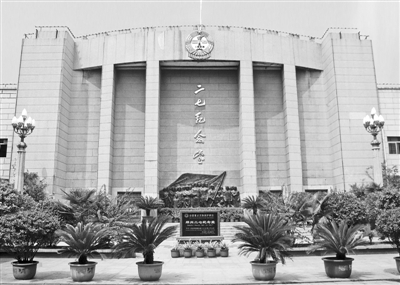
Pingdingshan Yushan’Ejunzhengdaxuejiuzhi.
The Rich History of Pingdingshan Yushan’Ejunzhengdaxuejiuzhi
The site known as Yushan Ejunzhengdaxuejiuzhi, or the Former Site of the Yushan Military and Political University, is steeped in significant historical context that highlights its role during a transformative period in Chinese history. Located in Pingdingshan, Henan Province, this site is not only a testament to educational evolution but also a reminder of the political and military strategies that shaped modern China.
The origins of the structures at this site can be traced back to the Tang Dynasty, around 630 AD, when the Dacheng Hall was first constructed. This hall underwent numerous renovations over the centuries, particularly during the Song and Jin Dynasties, where its architectural style matured into a representation of Jin-era design that mimicked earlier Song aesthetics. A notable addition during the Jin Dynasty was the statue of Confucius with his disciples, emphasizing the site’s long-standing association with education and Confucian values.
In the early 20th century, the site gained prominence as a military educational institution. Between January and March of 1948, several military schools, including the Yuxi Military and Political Cadre School and the military training class led by General Guo Guo, merged to form the Yushan Military and Political University at this location. Commanded by Chen Geng, this institution played a crucial role in training military personnel during the Chinese Civil War. Over the years, it underwent a series of name changes, reflecting the shifting political landscape, from the Central Plains Military and Political University to the Southwest Military Region Military and Political University, and eventually becoming part of the Chinese People’s Liberation Army Military Engineering Academy.
The establishment of the Yushan Military and Political University represented a strategic move to bolster military capabilities in the region, which was critical during a time of conflict and upheaval in China. Notable military leaders such as Liu Bocheng and He Long contributed to the university’s development, further solidifying its importance in China’s military history.
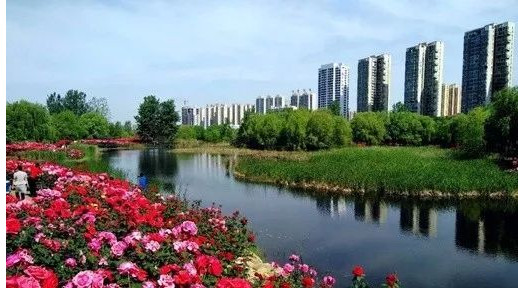
Pingdingshan Yushan’Ejunzhengdaxuejiuzhi.
Following the establishment of the People’s Republic of China in 1949, the site continued to serve educational purposes, eventually becoming a protected cultural heritage site in 1999. This designation underscores not only its architectural significance but also its role as a symbol of the military and political education that shaped China’s defense strategies.
Today, the Yushan Ejunzhengdaxuejiuzhi stands as a monument to China’s revolutionary history, embodying the spirit of resilience and transformation. It serves as a vital educational resource and a place of remembrance, attracting visitors who wish to learn about the profound historical events that unfolded within its walls.
Main Highlights: What to See at Pingdingshan Yushan’Ejunzhengdaxuejiuzhi
The Yushan Ejunzhengdaxuejiuzhi, located in Pingdingshan, Henan Province, is a site of profound historical significance, offering a glimpse into China’s revolutionary past. This former campus of the Yushan Military and Political University, now recognized as a national key cultural relic, is steeped in rich educational and political heritage.
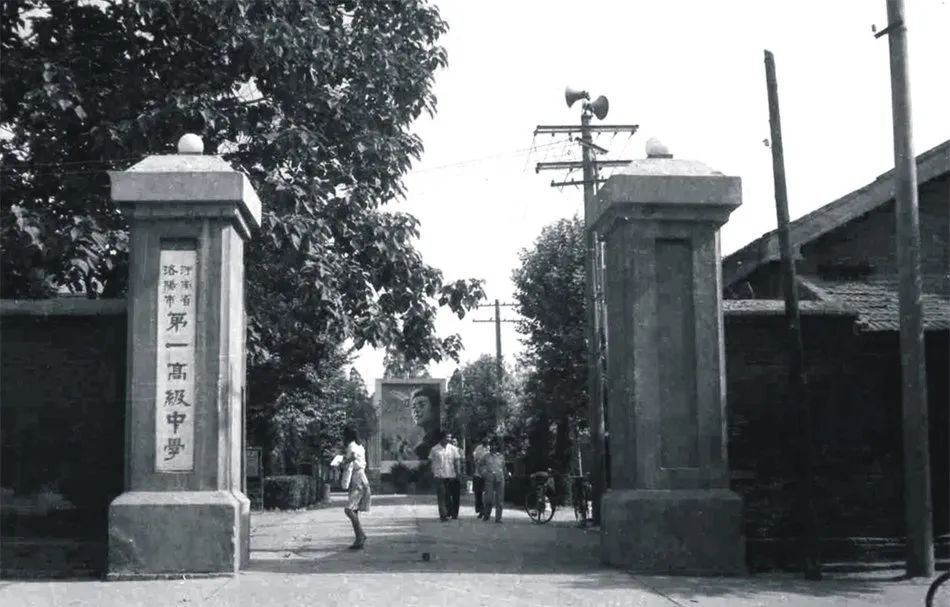
Pingdingshan Yushan’Ejunzhengdaxuejiuzhi.
Architectural Splendor
At the heart of this site are two main structures: the Dacheng Hall and the Chongsheng Shrine. The Dacheng Hall dates back to 630 AD during the Tang Dynasty, flourishing during the Song Dynasty and undergoing major renovations in the Jin Dynasty. This hall showcases exquisite Jin-style architecture, characterized by its intricate wooden beams and beautifully crafted ceramic tile roofs. The Chongsheng Shrine, built in 1792 during the Qing Dynasty, complements the hall with its elegant design and structure.
Historical Impact
From January to March 1948, this site served as the headquarters for the merged military and political schools that ultimately became the Yushan Military and Political University. Key figures such as Chen Geng, Liu Bocheng, and He Long played pivotal roles in shaping the school’s curriculum and leadership, significantly contributing to the training of military leaders and civil officials for the People’s Liberation Army. This institution laid the groundwork for the future Military Engineering Academy of the Chinese People’s Liberation Army, emphasizing its importance in national defense.
Cultural Significance
The site’s historical context extends beyond military training; it represents a crucial chapter in the development of modern China during the revolutionary period. The Yushan Ejunzhengdaxuejiuzhi stands as a testament to the resilience and dedication of its leaders in educating a new generation of soldiers and officials to navigate the complexities of a transforming nation.
Visitor Experience
Today, visitors can explore the beautifully preserved structures while reflecting on their historical significance. The site not only serves as a reminder of the sacrifices made during a tumultuous time but also as an educational resource, shedding light on the revolutionary spirit that shaped contemporary China. Whether you’re an enthusiast of history, architecture, or military studies, the Yushan Ejunzhengdaxuejiuzhi offers a compelling journey into China’s past, making it a must-visit landmark in Pingdingshan.
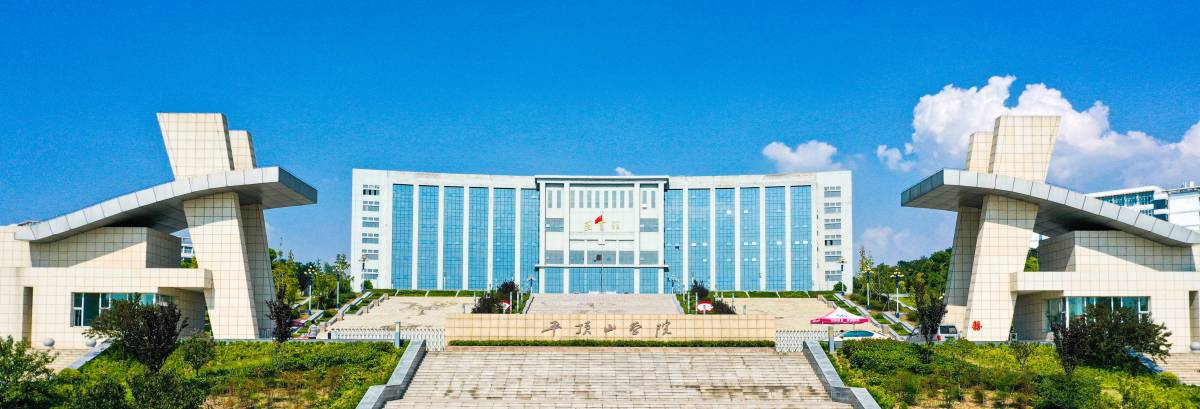
Pingdingshan Yushan’Ejunzhengdaxuejiuzhi.
Planning Your Visit: A Practical Guide
Practical Guide to Visiting the Pingdingshan Yushan Ejunzhengdaxuejiuzhi (豫陕鄂军政大学旧址)
When planning your visit to the historic site of the Pingdingshan Yushan Ejunzhengdaxuejiuzhi, also known as the former site of the Yushan Military and Political University, it’s essential to be well-prepared to make the most of your experience. Below is a comprehensive guide to help you navigate your visit effectively.
Location and Access
The Yushan Ejunzhengdaxuejiuzhi is located within the confines of the ancient Confucius Temple (Wenmiao) in the city of Pingdingshan, Henan Province. This site, which holds significant historical and cultural value, can be easily accessed by various modes of transportation:
- By Train: Pingdingshan has a well-connected railway station. From major cities like Zhengzhou or Luoyang, you can take a train that will take you directly to Pingdingshan.
- By Bus: Several long-distance buses run to Pingdingshan from surrounding cities. Once you arrive at the bus station, local buses or taxis can take you to the Wenmiao complex.
- By Car: If you are driving, the area is accessible via the G30 and G311 highways. Parking is available near the temple complex.
Opening Hours
The site is generally open to visitors daily. However, it is advisable to check the specific opening hours before your visit, as they can vary based on the season or special events.
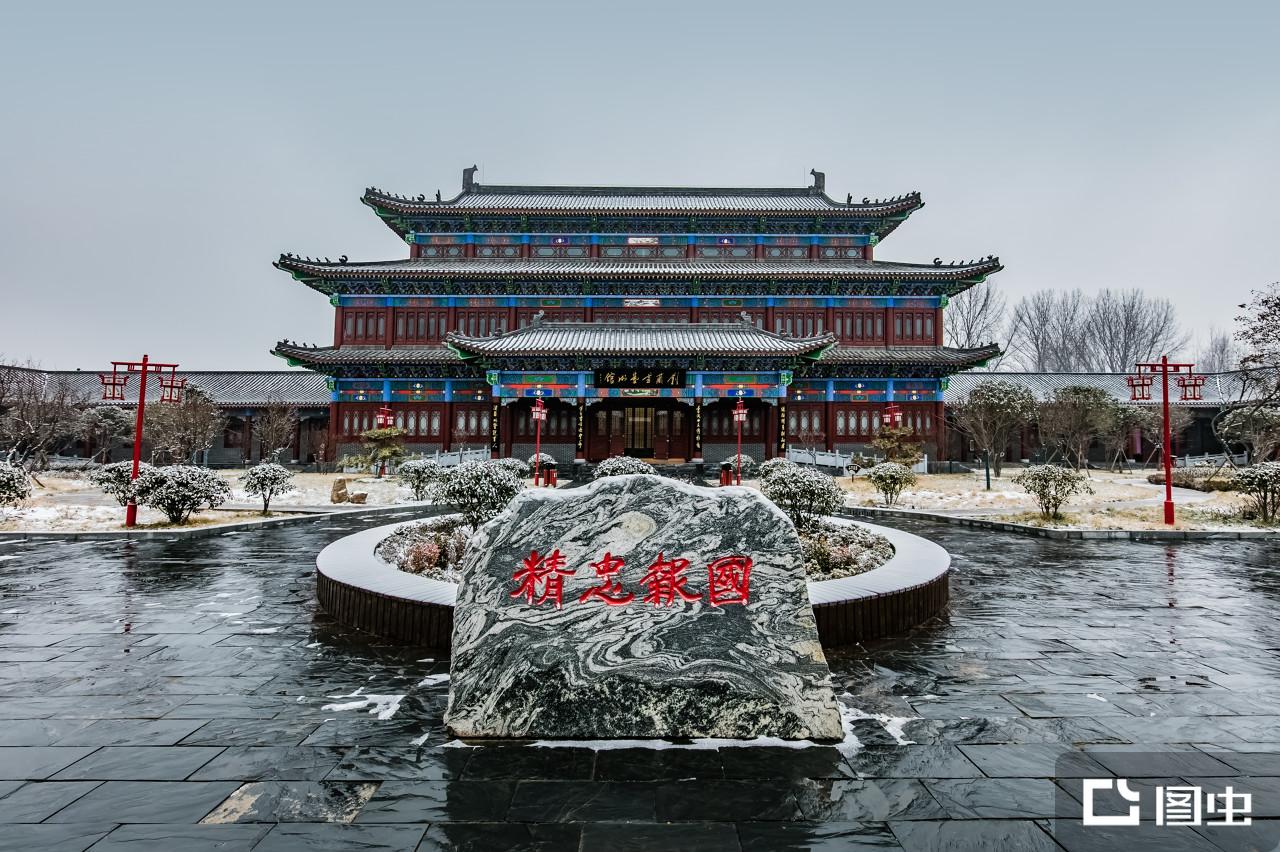
Pingdingshan Yushan’Ejunzhengdaxuejiuzhi.
Admission Fees
Entry to the Yushan Ejunzhengdaxuejiuzhi is typically free, but some specific exhibitions or guided tours might incur a nominal fee. Always verify the current fees upon arrival.
Key Attractions
-
Main Hall (Dacheng Hall): This hall is the centerpiece of the temple complex, originally constructed during the Tang Dynasty. It showcases traditional architecture and intricate design, and it’s a perfect spot for photography.
-
Chongsheng Shrine: Located north of the main hall, this shrine is dedicated to Confucius and features beautiful architecture from the Qing Dynasty. Its serene ambiance makes it an ideal place for reflection.
-
Historical Exhibitions: The site often hosts exhibitions related to the history of the Yushan Military and Political University. These provide insight into the university’s role in Chinese military education and its significant contributions to the People’s Liberation Army.
Nearby Attractions
While visiting, consider exploring other notable sites in Pingdingshan:
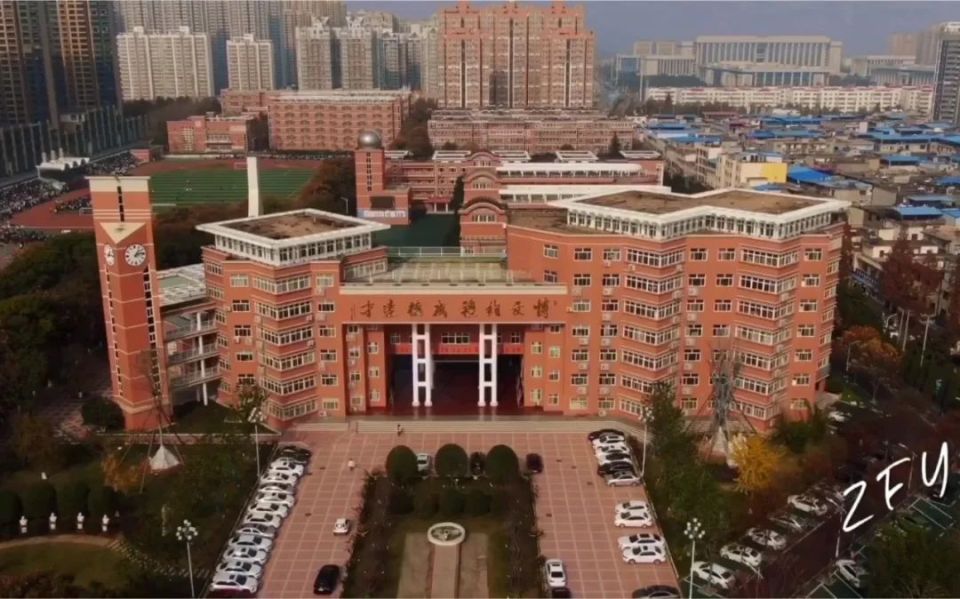
Pingdingshan Yushan’Ejunzhengdaxuejiuzhi.
- Xu Yuno’s Former Residence: A historical residence of a notable figure in Chinese history, offering guided tours.
- The Ruins of Chuchang Great Wall: An ancient wall that provides a glimpse into the military architecture of its time.
- Zhaoping Lake Scenic Area: Ideal for a leisurely stroll or a picnic, surrounded by nature.
Tips for Visitors
- Dress Comfortably: The temple complex may require a fair amount of walking. Comfortable shoes are recommended.
- Respect Local Customs: As a site of cultural significance, visitors should maintain a respectful demeanor, especially within the temple areas.
- Guided Tours: Consider joining a guided tour for a more in-depth understanding of the history and significance of the site.
- Photography: While photography is generally allowed, be mindful of any restrictions, especially in areas that may be sacred.
Conclusion
Visiting the Pingdingshan Yushan Ejunzhengdaxuejiuzhi offers a unique opportunity to delve into China’s rich historical tapestry, particularly its military and educational heritage. With proper planning and respect for the site, your visit can be both enlightening and enjoyable.
Tickets, Hours, and Booking
When planning your visit to the Yushan Ejunzhengdaxuejiuzhi (豫陕鄂军政大学旧址), also known as the Ru Mountain Confucian Temple, it’s essential to be informed about ticketing details to ensure a smooth experience.
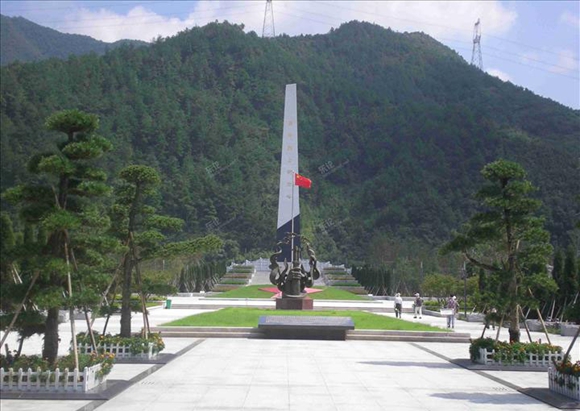
Pingdingshan Yushan’Ejunzhengdaxuejiuzhi.
Ticket Information
- Admission Fee: Entry to the site is typically free of charge, promoting accessibility for all visitors.
- Opening Hours: The site is open from 8:00 AM to 6:00 PM daily, allowing ample time for exploration and reflection.
- Guided Tours: While self-exploration is encouraged, guided tours may be available for a nominal fee. These tours provide in-depth historical context and enrich your understanding of the site’s significance.
- Educational Visits: Groups, especially educational institutions, are encouraged to book in advance to facilitate guided tours. Special arrangements may be made for larger groups or educational programs.
Tips for Visitors
- Identification: It is advisable to carry a form of identification, especially if you are part of a large group that requires prior booking.
- Photography: Feel free to capture the beauty of the architecture and the serene environment; however, be respectful of any signage regarding photography restrictions.
- Accessibility: The site is designed to accommodate visitors with mobility challenges, ensuring everyone can enjoy the historical significance of this remarkable location.
By being informed about these details, you can fully immerse yourself in the rich history and educational value of the Yushan Ejunzhengdaxuejiuzhi during your visit.
How to Get There
Getting to and around the site of the Yushan Ejunzhengdaxuejiuzhi (豫陕鄂军政大学旧址) in Pingdingshan, Henan Province, is quite straightforward, offering a variety of transportation options for visitors.
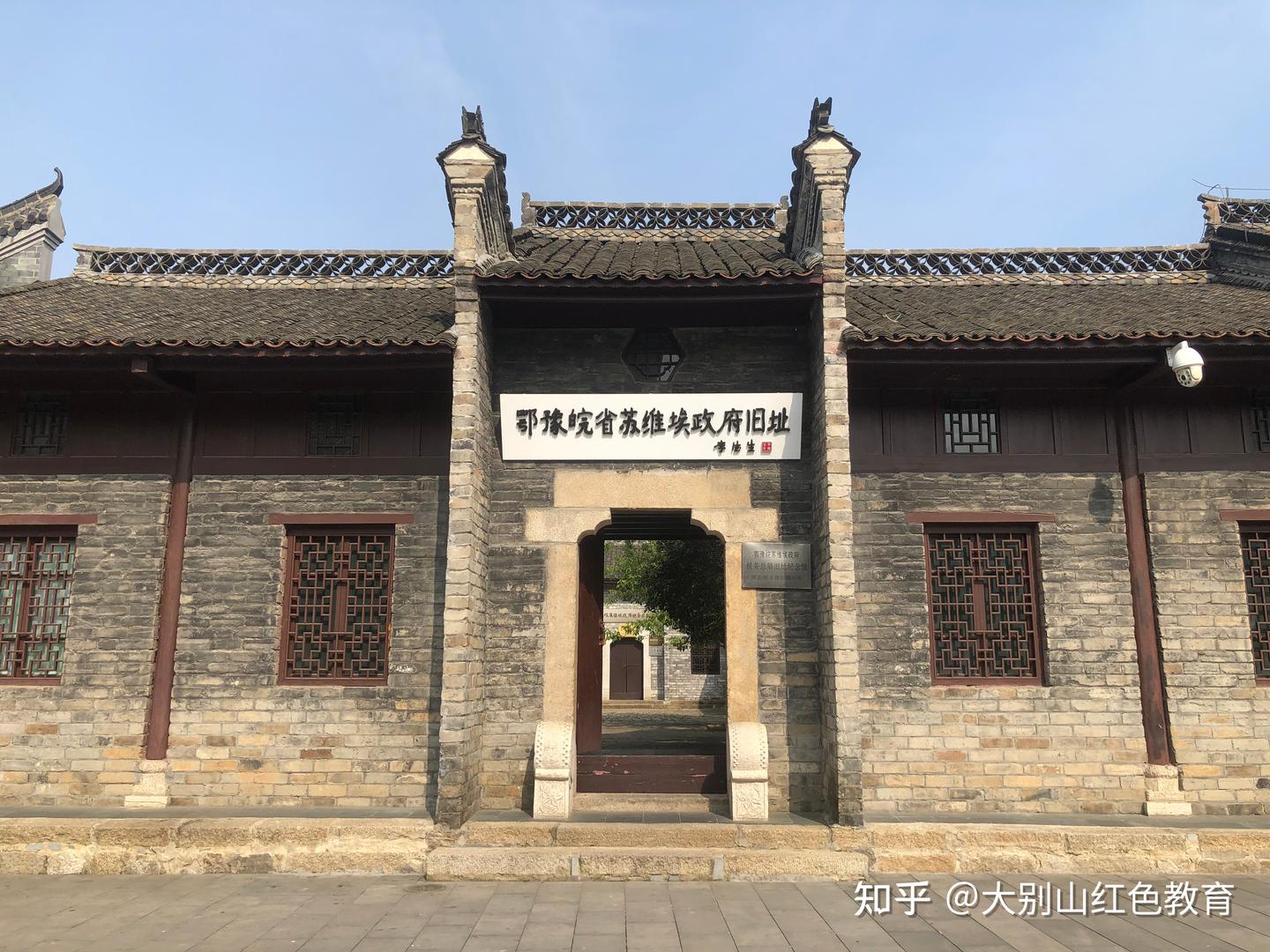
Pingdingshan Yushan’Ejunzhengdaxuejiuzhi.
Accessing Yushan Ejunzhengdaxuejiuzhi
By Air:
The nearest major airport is Zhengzhou Xinzheng International Airport, located approximately 70 kilometers away from Pingdingshan. From the airport, travelers can take a taxi or shuttle service directly to Pingdingshan city. The journey usually takes about 1-1.5 hours depending on traffic conditions.
By Train:
Pingdingshan has a well-connected railway station that offers high-speed rail services. Visitors can take a high-speed train from Zhengzhou, which takes about 30-40 minutes. Once you arrive at the Pingdingshan Railway Station, you can take a taxi or a local bus to the Yushan site, which is about 15 kilometers away.
By Bus:
If you prefer road travel, long-distance buses are available from various cities in Henan Province to Pingdingshan. The main bus station is located in the city center. Once in Pingdingshan, local buses or taxis can easily take you to the Yushan Ejunzhengdaxuejiuzhi.
Local Transportation
Taxis and Ride-hailing Apps:
Taxis are readily available throughout Pingdingshan, and they provide a convenient way to get directly to the site. Ride-hailing apps such as Didi Chuxing are also operational in the area, allowing for easy booking and payment.
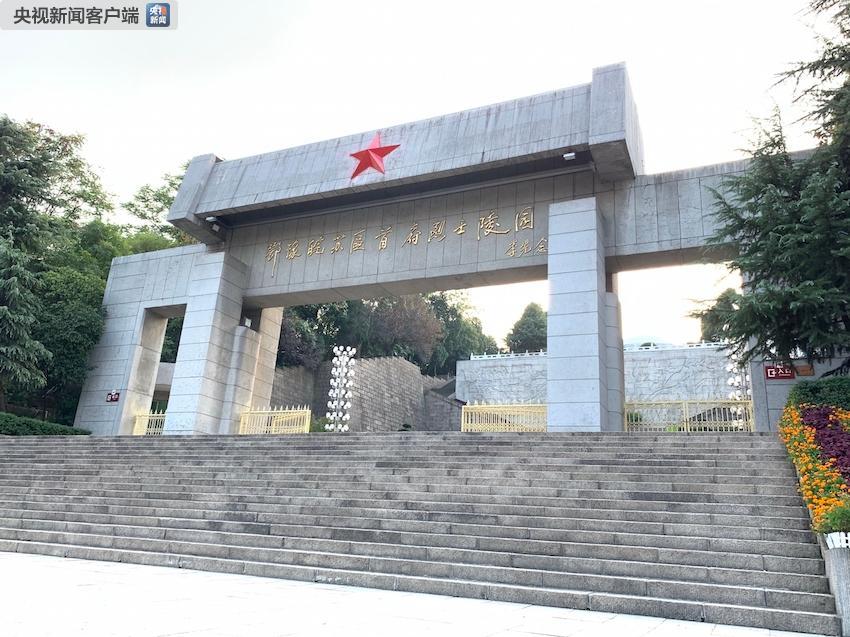
Pingdingshan Yushan’Ejunzhengdaxuejiuzhi.
Public Transport:
Pingdingshan has a network of buses that connect various districts and attractions. While public transport may be less frequent on weekends and holidays, it is an economical option for those looking to explore the city further.
Walking and Biking:
Once you arrive at the Yushan Ejunzhengdaxuejiuzhi, the surrounding area is pedestrian-friendly, inviting visitors to explore the historical site on foot. Biking is also a pleasant way to soak in the local scenery, with bike rentals available nearby.
Tips for Travelers
- Language: English signage may be limited, so having a translation app or phrasebook handy can be helpful.
- Plan Ahead: If you’re traveling from significant distances, check the schedules for trains and buses in advance, especially during public holidays when services may be altered.
- Time of Visit: The best time to visit is during daylight hours. Make sure to check the opening hours of the site to maximize your experience.
By planning your transportation in advance, you can ensure a smooth and enjoyable visit to the historical Yushan Ejunzhengdaxuejiuzhi in Pingdingshan, where you can delve into the rich cultural and educational history of the region.
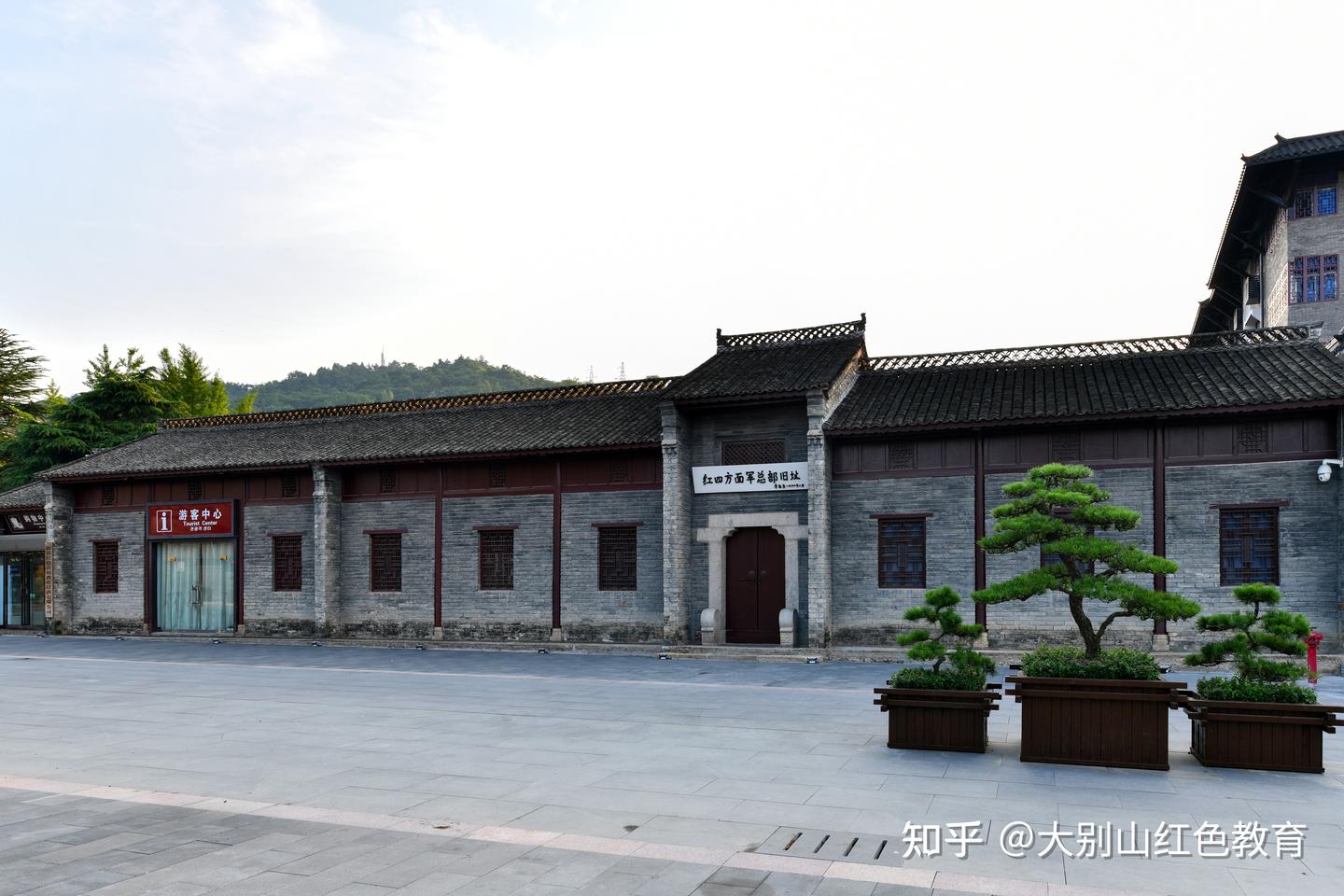
Pingdingshan Yushan’Ejunzhengdaxuejiuzhi.
Local Cuisine and Accommodation
When exploring the historical site of the Yushan Ejunzhengdaxuejiuzhi (豫陕鄂军政大学旧址), visitors will find a variety of dining and accommodation options that cater to their needs, ensuring a comfortable and enjoyable experience.
Dining Options
-
Local Cuisine Restaurants:
For an authentic taste of the region, local eateries serve traditional Henan dishes. Look for Lushan Noodle House where you can savor handmade noodles and spicy dishes that highlight the area’s culinary heritage. Another popular spot is Mao’s Restaurant, known for its hearty meals that include various meat and vegetable stir-fries, dumplings, and more. -
Street Food Stalls:
Don’t miss out on the vibrant street food scene. Nearby markets offer delightful snacks such as Jianbing (Chinese pancakes), Chuan (grilled skewers), and Tanghulu (candied fruit on sticks). These quick bites are perfect for a casual lunch or an evening snack as you stroll through the area. -
Cafés and Tea Houses:
For those looking to relax, several charming cafés provide a cozy atmosphere to enjoy tea or coffee. The Tea House is particularly popular, offering a wide variety of traditional Chinese teas and light snacks, making it a great place to unwind after a day of exploration.
Accommodation Choices
- Hotels:
- Lushan International Hotel: This well-rated hotel offers modern amenities, spacious rooms, and an excellent restaurant. Its convenient location makes it a great base for visiting local attractions.
-
Pingdingshan Grand Hotel: A bit further away but worth it for its luxurious accommodations and comprehensive services including a spa, fitness center, and fine dining options.
-
Guesthouses:
For a more intimate experience, consider staying at one of the local guesthouses like Lushan Homestay. These establishments often provide a more personal touch, with local hosts who can share insights about the area and its history. -
Budget Options:
Travelers on a budget will find clean and affordable options such as Backpacker’s Hostel, which offers dormitory-style accommodations and a communal kitchen. This is a good choice for meeting fellow travelers and sharing stories about your adventures.
Final Tips
Make sure to try the local delicacies and engage with the friendly locals during your stay. Whether you’re enjoying a robust meal after a day of sightseeing or relaxing in a cozy café, Pingdingshan offers a delightful blend of culinary experiences and comfortable accommodations to enhance your visit to the Yushan Ejunzhengdaxuejiuzhi.
Frequently Asked Questions
Frequently Asked Questions
1. What is the significance of the Yushan Ejunzhengdaxuejiuzhi (豫陕鄂军政大学旧址)?
The site holds considerable historical significance as the former location of the Yushan Military and Political University, which played a vital role in the training of military leaders and political cadres during the Chinese Civil War. It is recognized as a key cultural relic and an important educational site in China’s revolutionary history.
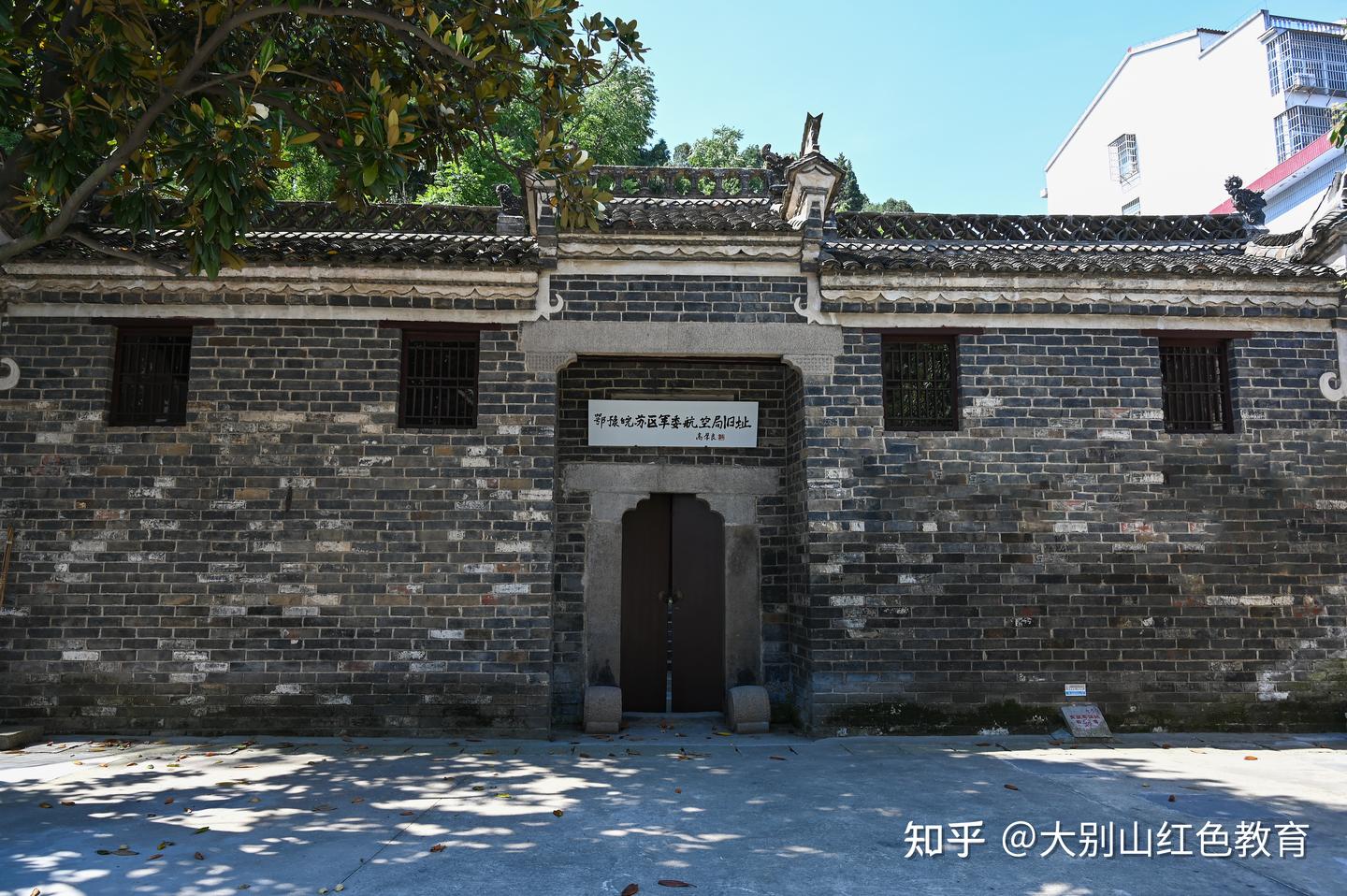
Pingdingshan Yushan’Ejunzhengdaxuejiuzhi.
2. Where is the Yushan Ejunzhengdaxuejiuzhi located?
The site is situated within the grounds of the Confucius Temple in Lushan County, Pingdingshan City, Henan Province. It is easily accessible for visitors interested in exploring its rich history.
3. What structures remain at the site?
Visitors can see two main structures: the Dacheng Hall and the Chongsheng Shrine. The Dacheng Hall dates back to the Tang Dynasty and features distinctive architecture from the Jin Dynasty, while the Chongsheng Shrine was built during the Qing Dynasty.
4. Is there an entrance fee to visit the site?
Yes, there is a nominal entrance fee to access the Yushan Ejunzhengdaxuejiuzhi. It is advisable to check the latest visiting hours and fees before planning your visit, as they may vary.
5. What can visitors expect to see at the site?
Visitors can explore the well-preserved ancient architecture, learn about the historical significance of the university, and view various memorials and exhibitions that commemorate the key figures and events associated with the site.
6. Are there guided tours available?
Yes, guided tours are often available for visitors who wish to gain deeper insights into the history and significance of the site. These tours are typically led by knowledgeable guides who can provide detailed information and answer questions.
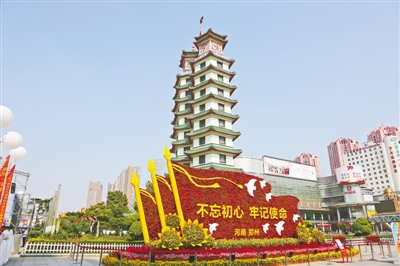
Pingdingshan Yushan’Ejunzhengdaxuejiuzhi.
7. Can the site accommodate large groups?
Yes, the Yushan Ejunzhengdaxuejiuzhi is equipped to accommodate large groups, such as school trips and educational tours. It is advisable to contact the site in advance to arrange for group visits and any special requirements.
8. Are there nearby attractions to visit after exploring the site?
Absolutely! The area around Yushan Ejunzhengdaxuejiuzhi boasts several other attractions, including historical sites like the Xu Yunuo Former Residence and the ruins of the Chuci Great Wall, making it an excellent destination for a full day of exploration.
Final Thoughts on Your Trip
Visiting the historical site of the Yushan Ejunzhengdaxuejiuzhi (豫陕鄂军政大学旧址) offers travelers a profound glimpse into China’s revolutionary past. Nestled in the heart of Pingdingshan, this site not only serves as a testament to the rich educational heritage of the region but also stands as a monument to the resilience and spirit of those who shaped the course of Chinese history.
Exploring the well-preserved structures of the former military and political academy, including the magnificent Dacheng Hall and the Chongsheng Temple, visitors can almost hear the echoes of fervent discussions and strategic planning that once filled these halls. The site is not just an educational landmark; it is a symbol of unity and determination during a pivotal era in China’s journey towards modernity.
As you walk through this sacred ground, take a moment to reflect on the countless individuals who dedicated their lives to the ideals of governance and service to the people. The Yushan Ejunzhengdaxuejiuzhi invites you to connect with the past and encourages a deeper appreciation for the sacrifices made in pursuit of a brighter future. Whether you are a history enthusiast or a casual traveler, this site promises an enriching experience that will resonate long after your visit. Embrace the stories, honor the legacy, and let the spirit of this historic site inspire your own journey.
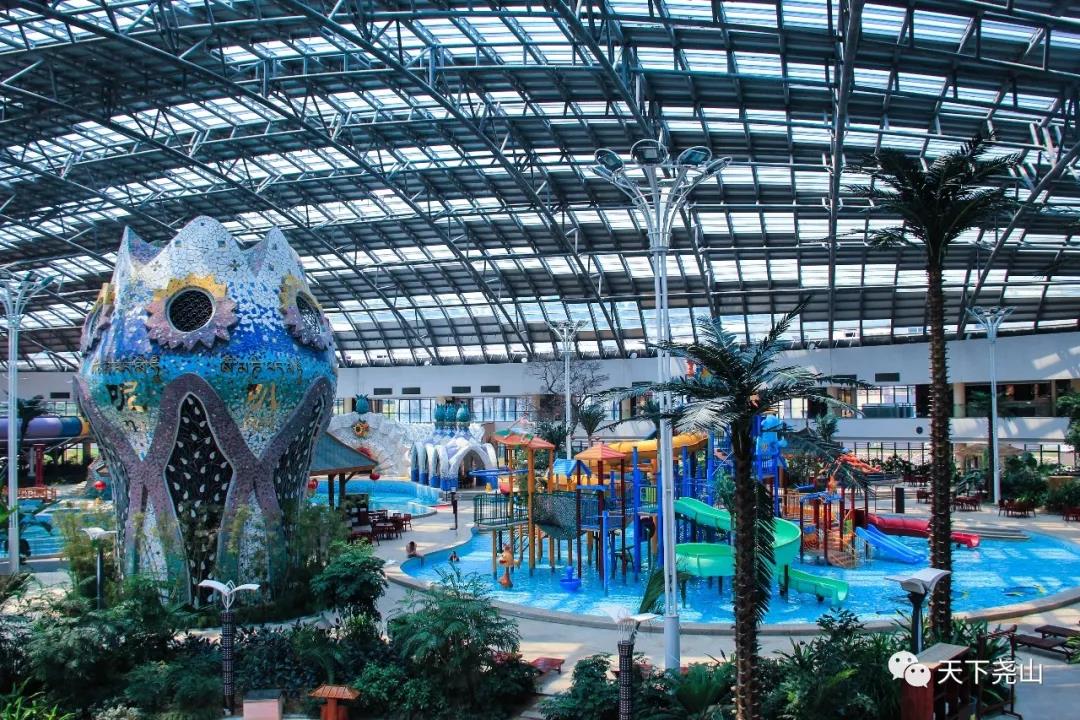
Pingdingshan Yushan’Ejunzhengdaxuejiuzhi.
